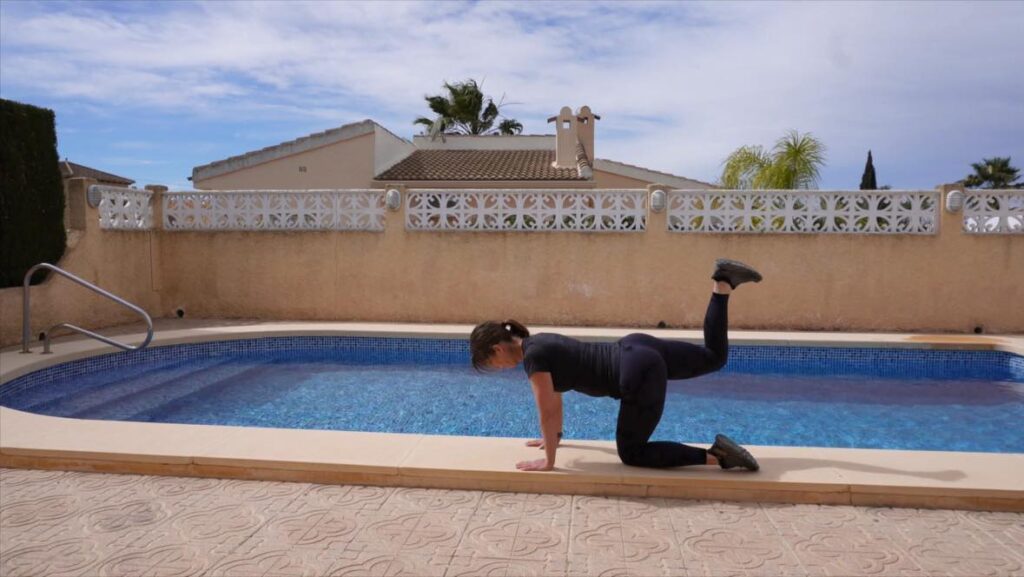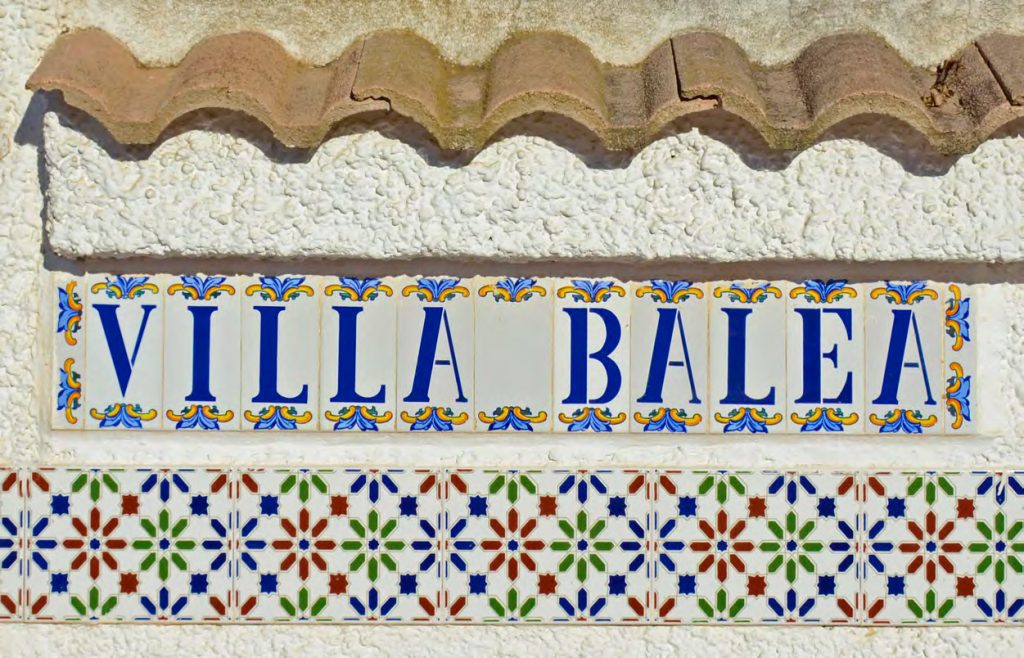Rental Terms in Alicante, Spanish legislation
Alicante has implemented new regulations affecting holiday rentals to address concerns over housing availability and the impact of mass tourism on local communities. Villa Balea has all the permissions and contracts in place. To comply with the new laws we need to limit the tourist rentals to 10 nights ( see below). For longer rentals there is another set of laws and contract ( also see below).
This initiative aligns with Spain’s broader efforts to regulate the short-term rental market. The primary reasons for these changes include:
- Housing Availability: The surge in short-term holiday rentals has reduced the supply of housing available for long-term residents, leading to increased competition and higher housing costs.
- Community Impact: Residents in central areas have reported disturbances due to the proliferation of tourist accommodations, including constant noise and daily parties.
- Regulatory Compliance: A significant number of tourist properties were found to be operating without proper licenses, prompting the need for stricter enforcement and compliance measures.
Rental for 10 days / 10 night
Stays of 10 days or less → Classified as Tourist Housing and governed by a Tourism Contract (Decree-Law 9/2024, August 2, and Law 15/2018, June 7, of the Consell GVA).
It is possible to stay for 10 nights as long as the guest is checking out early on the 11th day so it is not considered a 11 days rental.Check in 3pm on 1st- check out 11th usually by noon. It’s 10 nights and 10 full days or 10 nights and 11 days (1st and last are half days)
Rental from 11 night. Information from ChatGPT
Stays longer than 10 days → Considered a Seasonal Rental under a Seasonal Contract (Law 29/1994, November 24, LAU, Article 3, and Royal Decree 1312/2024, December 23).
Spain’s legal framework for seasonal rentals is primarily governed by Law 29/1994, of November 24, on Urban Leases (LAU), specifically Article 3, and has been recently updated with Royal Decree 1312/2024, of December 23. These regulations outline the rights and obligations of both landlords and tenants in seasonal rental agreements.
Definition of Seasonal Rental under Article 3 of LAU
Article 3 of the LAU distinguishes between leases for residential use and those for uses other than housing. Seasonal rentals fall under the latter category, encompassing agreements where the property is rented for a specific period, such as summer or other seasonal terms, and not intended as the tenant’s permanent residence. This classification also includes rentals for industrial, commercial, professional, recreational, welfare, cultural, or educational purposes, regardless of the tenant’s identity.
Key Features of Seasonal Rental Contracts
- Duration: The contract specifies a fixed term corresponding to the agreed-upon season or period. Unlike long-term residential leases, there is no minimum duration mandated by law for seasonal rentals.
- Purpose: The rental is intended for temporary use during a particular season or for a specific short-term purpose, not as the tenant’s habitual residence.



